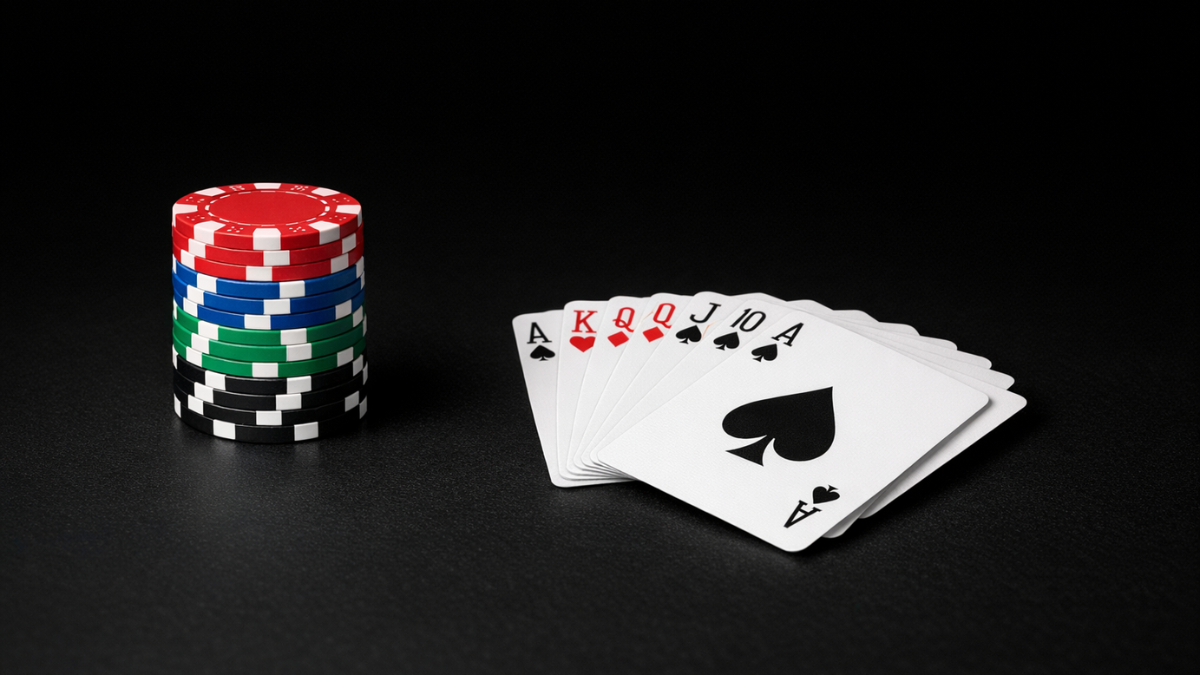How Slot Machines Work: A Beginner’s Guide to RNGs and Paylines

May 19 2025, Published 2:00 a.m. ET
Slot machines are one of the most popular games in casinos, attracting players with bright lights, exciting sounds, and the thrill of hitting a jackpot. But have you ever wondered how they really work? Unlike some other casino games, slot machines don’t require special skills or strategies—just spin the reels and hope for a win.
However, behind the flashing lights and spinning symbols, there’s a complex system at play. Slot machines are controlled by RNGs (Random Number Generators) and paylines, which determine how often and how much players win. Understanding these concepts can help you enjoy slot machines while knowing what to expect.
Let’s break it down in simple terms!
What Is an RNG (Random Number Generator)?
1. The "Brain" Behind Slot Machines
Every modern slot machine uses an RNG, a special computer program that generates random numbers every second—even when no one is playing. These numbers decide the outcome of each spin, ensuring that every result is completely random and unpredictable.
2. Why RNGs Matter
The RNG makes sure that slot machines are fair and cannot be manipulated. No one—neither the casino nor the player—can control when the machine will pay out or when it will lose. It works just like flipping a coin: the outcome is different every time, no matter what happened before.
3. Common Misconceptions About Slot Machines
Many players believe that slot machines have "hot" and "cold" periods, meaning they can predict when a machine will pay out. This is a myth. Since RNGs generate new numbers constantly, every spin is independent of the one before it. You can play for hours without winning, or you can hit a jackpot on your first spin—it’s pure luck.
Understanding Paylines
1. What Are Paylines?
Paylines are the patterns that symbols must land on to win a prize. When you spin the reels, if the symbols match across a payline, you get paid. Early slot machines had just one payline across the center of the screen, but modern slot games can have dozens—even hundreds—of paylines!
2. How Paylines Work
Imagine a slot machine with five reels and 20 paylines. When you spin, the symbols land in different positions, and the game checks if they match any of the paylines. Some paylines are simple straight lines, while others zigzag across the reels. The more paylines a slot game has, the more chances you have to win.
3. Fixed vs. Adjustable Paylines
Some slot machines have fixed paylines, meaning you must play all the lines on every spin. Others have adjustable paylines, where you can choose how many lines to activate. Playing more paylines increases your chances of winning, but also raises the cost per spin.
How Slot Machines Determine Payouts
1. Return to Player (RTP) Percentage
Every slot machine has an RTP percentage, which tells you how much money the game returns to players over time. If a slot machine has an RTP of 95%, it means that for every $100 played, it will return an average of $95 over time. Keep in mind, this is calculated over millions of spins, so individual results will vary.
2. Volatility & Hit Frequency
Slot machines also have different volatility levels:
- Low volatility slots pay out small wins frequently.
- High volatility slots pay out big wins, but less often.
Hit frequency refers to how often a slot machine will give any win. If a game has a high hit frequency, you’ll get small prizes often. If it has a low hit frequency, you may go several spins without winning.
Tips for Playing Slot Machines
1. Set a Budget
Always decide how much you’re willing to spend before playing, and never chase losses. Slots are designed for entertainment, not for guaranteed winnings.
2. Choose the Right Slot Machine
Different slot machines have different RTP rates and volatility. If you want frequent wins, choose low-volatility games. If you’re hoping for a big jackpot, try high-volatility slots—but be prepared for longer losing streaks.
3. Play Responsibly
Since slot machines are random, there’s no strategy that guarantees a win. The best approach is to play for fun and know when to stop.
Conclusion

Slot machines are exciting and unpredictable, thanks to RNGs and paylines that control how they work. The RNG ensures that every spin is completely random, while paylines determine how winnings are calculated. Understanding these elements won’t guarantee a jackpot, but it can help you make smart choices when playing.
So, the next time you spin the reels, remember—it’s all about luck, but knowing how the machine works makes the experience even more enjoyable!
The information provided in this article is for general informational purposes only. Gamble or play responsibly. If you or someone you know has a gambling problem, help is available. Call 1-800-GAMBLER. If you’re in the U.K. and need help with a gambling problem, call the National Gambling Helpline on 0808 8020 133 or go to gamstop.co.uk to be excluded from all UK-regulated gambling websites. We disclaim any liability for any loss or damage arising directly or indirectly from the use of, or reliance on, the information presented.


